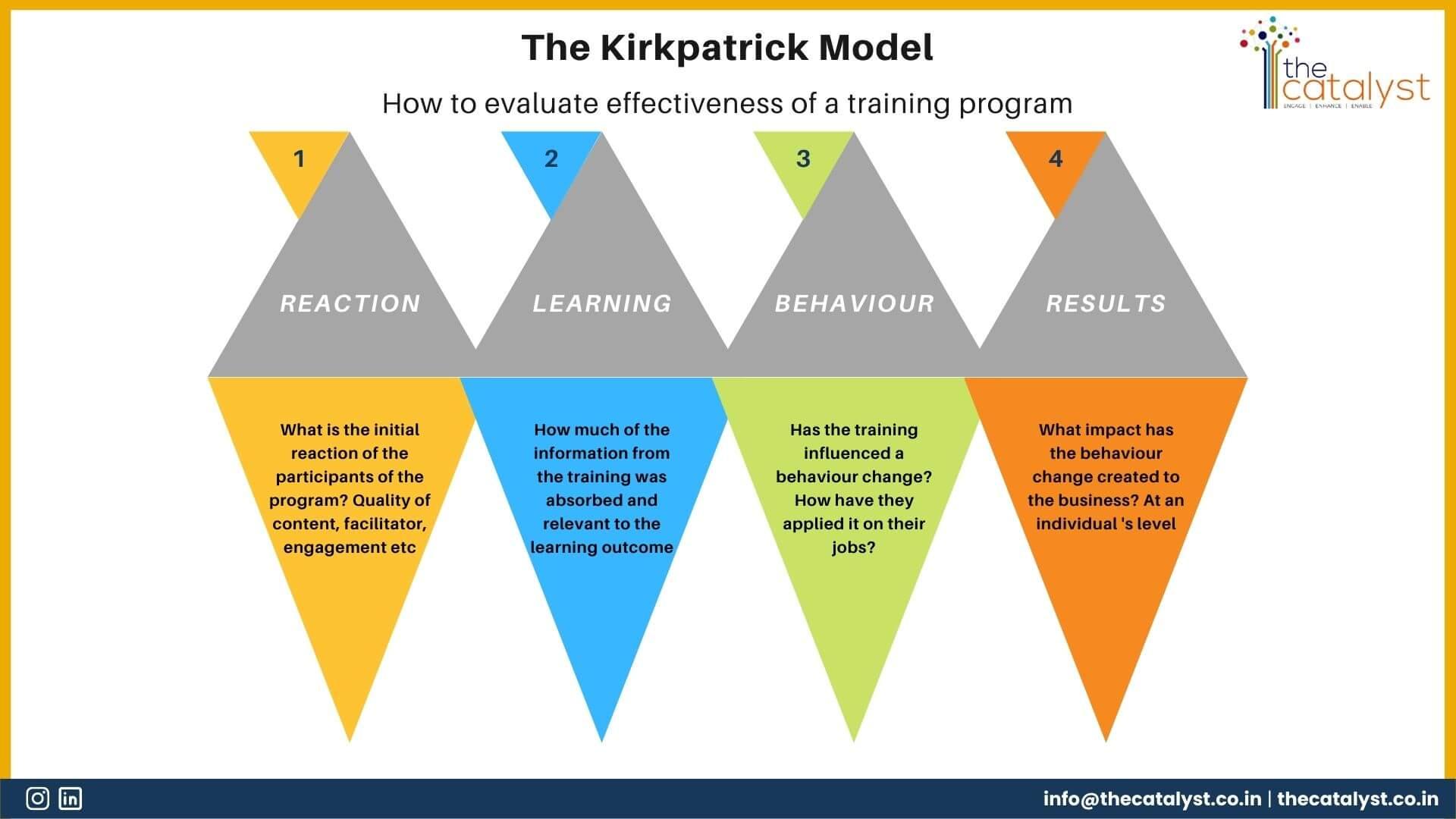In today’s rapidly evolving world, the need for effective leadership transcends industries and sectors, reaching into the very core of educational paradigms. As the complexities of global challenges grow, so does the demand for individuals who can navigate, inspire, and innovate. It is within this context that leadership development in a child’s education emerges as a crucial element, not merely as an ancillary skill but as a foundational pillar. This article delves into the multifaceted importance of cultivating leadership qualities from a young age, examining how such development can profoundly influence a child’s academic journey, personal growth, and future societal contributions. Through a comprehensive analysis, we will explore the various dimensions of leadership education, the methodologies employed, and the long-term benefits that underscore its indispensability in shaping the leaders of tomorrow.
Nurturing Tomorrows Leaders: The Role of Leadership Skills in Early Education
Incorporating leadership skills into early education is pivotal in shaping the innovators and visionaries of tomorrow. By cultivating these abilities at a young age, we not only prepare children to navigate the complexities of the modern world but also empower them to become proactive contributors to society. Leadership development in early education fosters critical thinking, effective communication, and problem-solving skills. These foundational skills are essential for personal growth and future success, enabling children to approach challenges with confidence and creativity.
- Critical Thinking: Encourages students to analyze situations, evaluate options, and make informed decisions.
- Effective Communication: Enhances the ability to articulate ideas clearly and listen actively, crucial for teamwork and collaboration.
- Problem-Solving Skills: Develops resilience and adaptability by teaching children to approach obstacles with a solution-oriented mindset.
Moreover, nurturing leadership qualities early on instills a sense of responsibility and empathy, guiding children to lead with integrity and understanding. This holistic approach to education ensures that they are not just academically proficient but also emotionally intelligent and socially aware. By prioritizing leadership development, educators can unlock each child’s potential, preparing them to lead with purpose and passion.

Cultivating Critical Thinking and Decision-Making Abilities in Young Minds
Incorporating leadership development into a child’s education is not merely an enhancement but a necessity for fostering a generation of thinkers and innovators. By encouraging critical thinking and decision-making from a young age, we are essentially equipping children with the tools to navigate complex challenges and make informed choices. This foundational skill set can be nurtured through various educational strategies:
- Interactive Problem-Solving: Encourage children to tackle real-world problems through project-based learning. This hands-on approach not only promotes critical analysis but also instills confidence in their ability to influence outcomes.
- Open-Ended Discussions: Facilitate conversations that require students to articulate their thoughts and consider different perspectives. This practice enhances their ability to evaluate information critically and make reasoned decisions.
- Role-Playing Activities: Simulate leadership scenarios where children must make decisions and lead their peers. Such experiences are invaluable in developing empathy, responsibility, and the capacity to think on their feet.
By embedding these practices into educational frameworks, we are not just preparing children for future leadership roles; we are empowering them to be active participants in their learning journey, capable of shaping a better tomorrow.

Integrating Leadership Training into the Curriculum: Best Practices and Strategies
Incorporating leadership training into educational curricula requires a strategic approach that recognizes the diverse needs of students and the dynamic nature of leadership itself. Best practices for achieving this involve creating an environment that fosters critical thinking, problem-solving, and collaboration. By integrating real-world scenarios and project-based learning, educators can simulate challenges that require students to employ leadership skills, thus promoting experiential learning. Moreover, aligning leadership development with academic subjects can enhance the relevance and application of these skills, making them an intrinsic part of the learning process.
Strategies for effective implementation include:
- Collaborative Projects: Encourage group work that requires students to take on various roles, allowing them to experience leadership from multiple perspectives.
- Mentorship Programs: Establish connections with community leaders or older students who can provide guidance and model leadership behaviors.
- Reflection Sessions: Implement regular opportunities for students to reflect on their leadership experiences and identify areas for improvement.
- Customized Curriculum: Tailor leadership activities to match the age and development stage of students, ensuring they are both challenging and achievable.
By embedding these elements into the educational framework, schools can cultivate a generation of leaders who are not only academically proficient but also equipped with the skills necessary to navigate and influence the complexities of the modern world.

Empowering Educators to Foster Leadership Qualities in Students
In today’s rapidly evolving world, the role of educators extends beyond imparting academic knowledge; they are pivotal in nurturing the leaders of tomorrow. Empowering educators with the right tools and strategies to instill leadership qualities in students is essential for fostering a generation that is adaptable, innovative, and capable of guiding society through future challenges. By incorporating leadership development into the educational framework, teachers can create an environment where students are encouraged to take initiative, think critically, and collaborate effectively.
To achieve this, educators can focus on key areas such as:
- Encouraging Critical Thinking: Developing problem-solving skills by posing real-world challenges.
- Promoting Collaboration: Facilitating group projects that require teamwork and collective decision-making.
- Instilling Confidence: Providing opportunities for public speaking and leadership roles in school activities.
- Fostering Emotional Intelligence: Teaching students to understand and manage their emotions, enhancing interpersonal skills.
By integrating these elements into their teaching practices, educators can cultivate a learning atmosphere that not only values academic excellence but also prioritizes the growth of leadership abilities. This holistic approach ensures that students are well-prepared to assume leadership roles in various aspects of their future lives.



